Arts Articles
Interview: Dictynna Hood
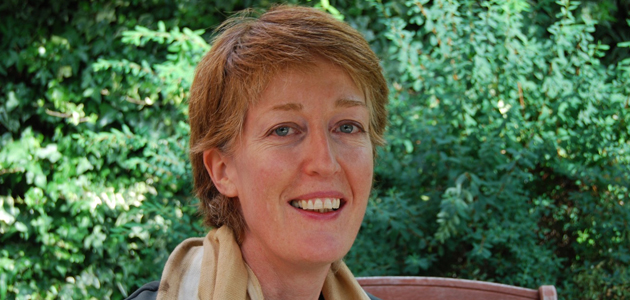
I first met filmmaker Dictynna Hood when she was an overseer, I an attender, in North London. She subsequently moved on from Quakerism. However, although not a practising Quaker, she still feels some common ground with Quaker values. Perhaps this common ground is one route of entry into her distinctive...
The last of me
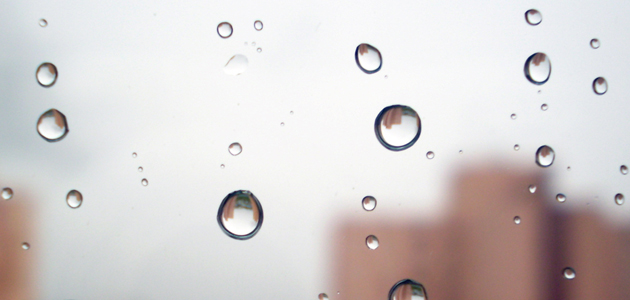
One rickety chair, two plants long-dead on the mantelpiece, solitaire laid out three-quarters played, a crisp packet, some crumbs on a plate, an eye of mould in a pot of tea, the tab-end of my last cigarette.
Stone soup
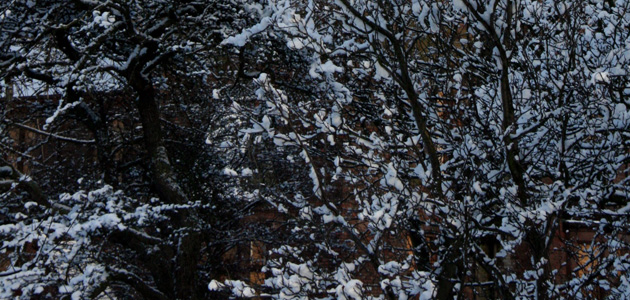
Some of my favourite people are hysterical Jews. I suspect that Jesus Christ was one. So, here’s the story of stone soup, told to me by a hysterical Jew who is a friend of mine. There was a war on. The invading army was beleagured and almost defeated. Their...
A meditation
When you are speaking, I am: Reading between your lines; Listening beneath your words; Interpreting...
Images of Christ: Strength in weakness
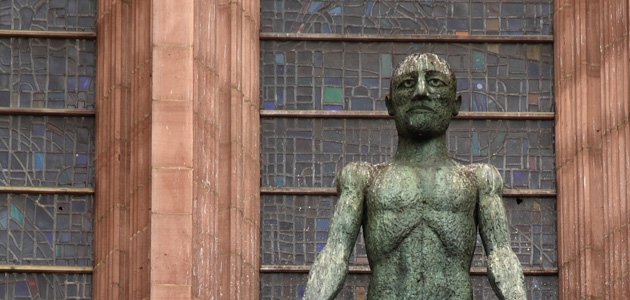
Elisabeth Frink never employed any help modelling her characteristically vigorous sculptures of men, dogs, birds and horses. When asked why she rarely worked with the female form, she replied: ‘I have focused on the male because to me he is a subtle combination of sensuality and strength with vulnerability.’
Interview: Sally Nicholls
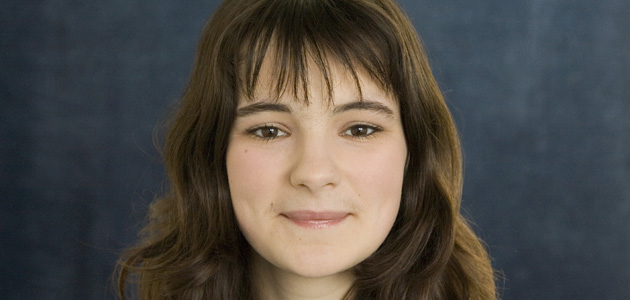
‘Kids love death and killing! They like the edges,’ says Sally Nicholls, the award-winning children’s author who is now based in Oxford. Born into a Quaker family in Stockton-on-Tees, she has been a lifelong storyteller. Her life connects the wider world with Quakerism: after Great Ayton School she attended...
…ac ’roedd yno freuddwyd / …and there was a dream
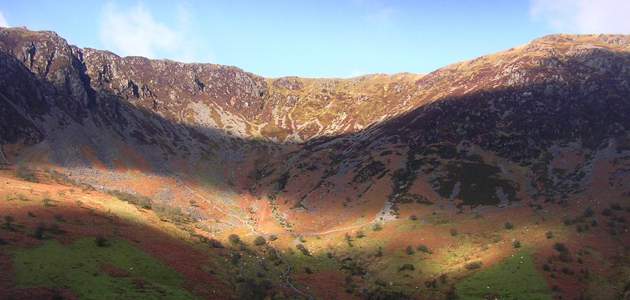
…ac ’roedd yno freuddwyd ’Roedd yno freuddwyd, yn llechu rhwng plygiadau tawelwch y cyrddau; dyhead am gael adnabod Cyfeillion o bedwar ban, dyhead am gael cyfrannu, fel Cyfeillion, i fywyd ein darn tir. Am gael gwneud hynny pe mynnem yn ein hiaith ein hunain. Am gael adnabod ein gilydd mewn...
Song of the small birds
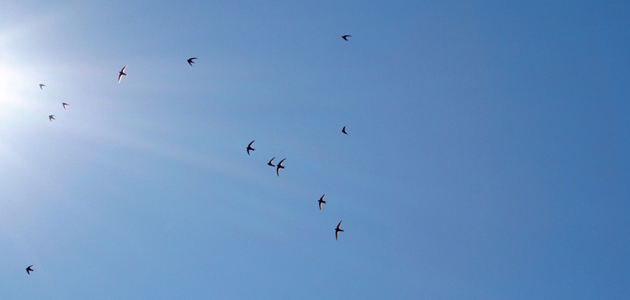
Splitting up the land came first, then splitting the coal for the warmth it brings. But splitting the blue air is the worst, ripping the breath from living things.
Interview: Gillian Allnutt
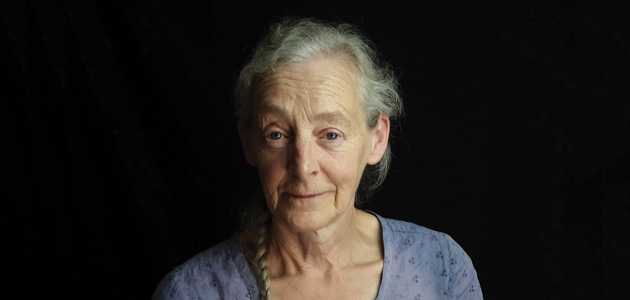
As a poet, teacher and editor, Gillian Allnutt has been a clear, singular voice in British poetry since her first collection, Spitting the Pips Out, appeared in 1981. She followed that debut with other remarkable collections, her role as one of four editors of the controversial New British Poetry anthology of 1988,...
Dust to Dust
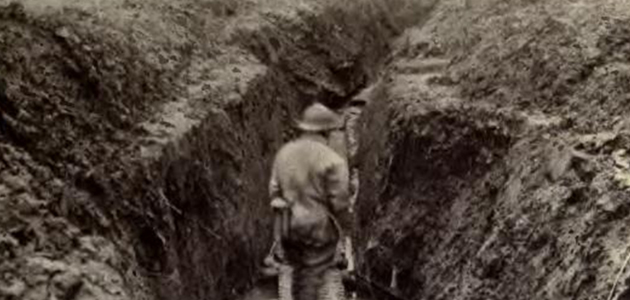
When the dust has settled, and battle it is o’er, What say ye then o’ sons o’ men? What say o’ bloody war? The earth is torn and ravaged, young bodies lie around, The cannon’s roar is silenced, And sullied is the ground.
